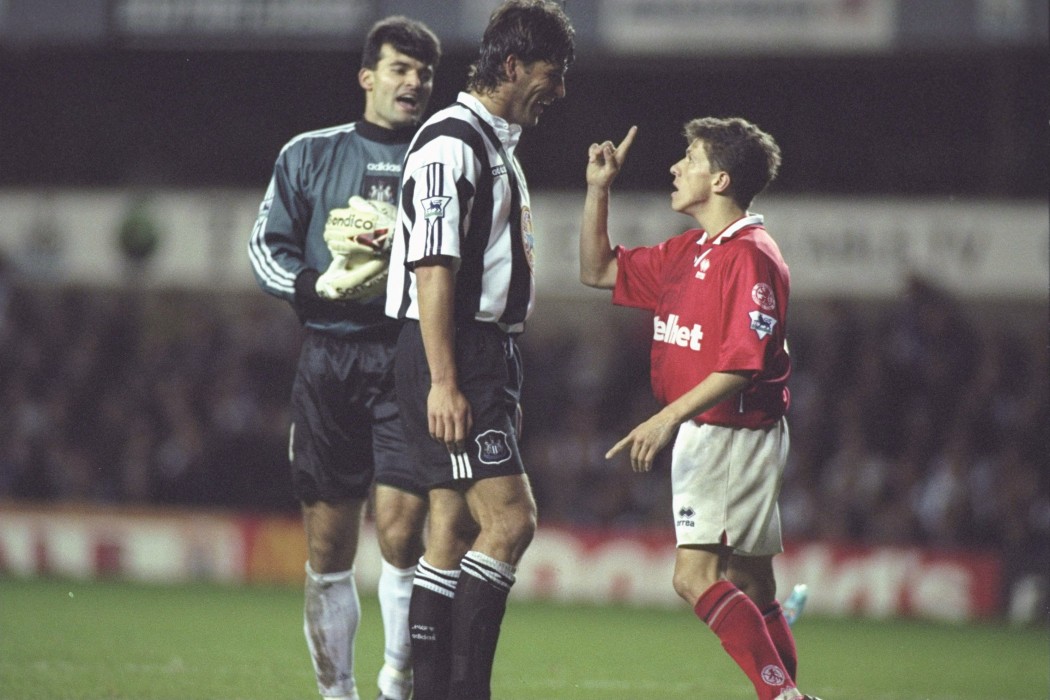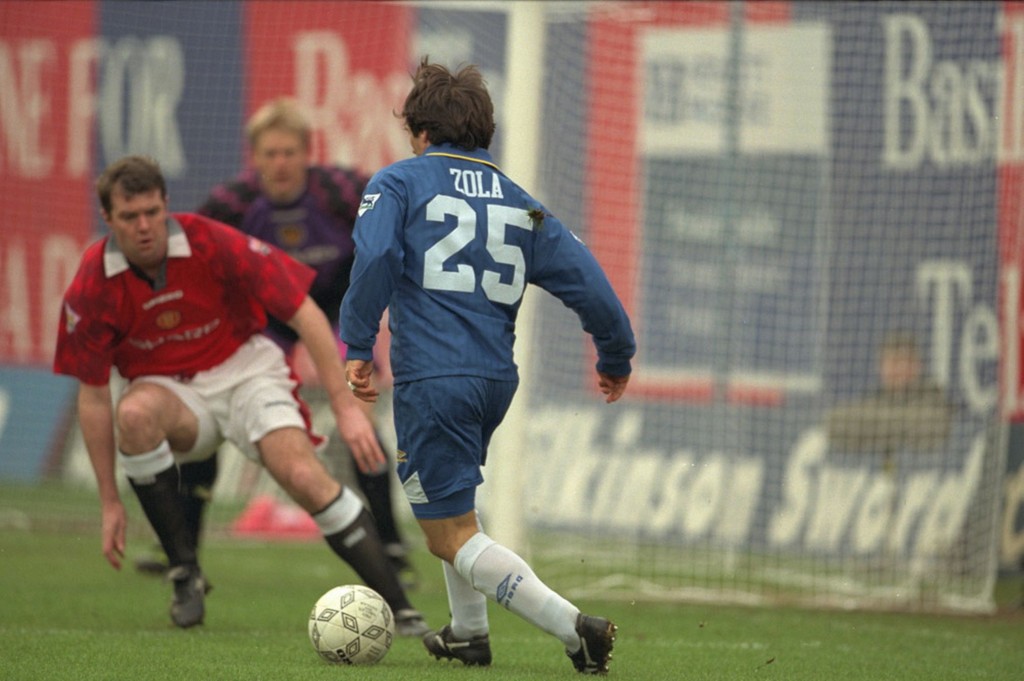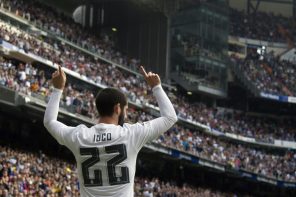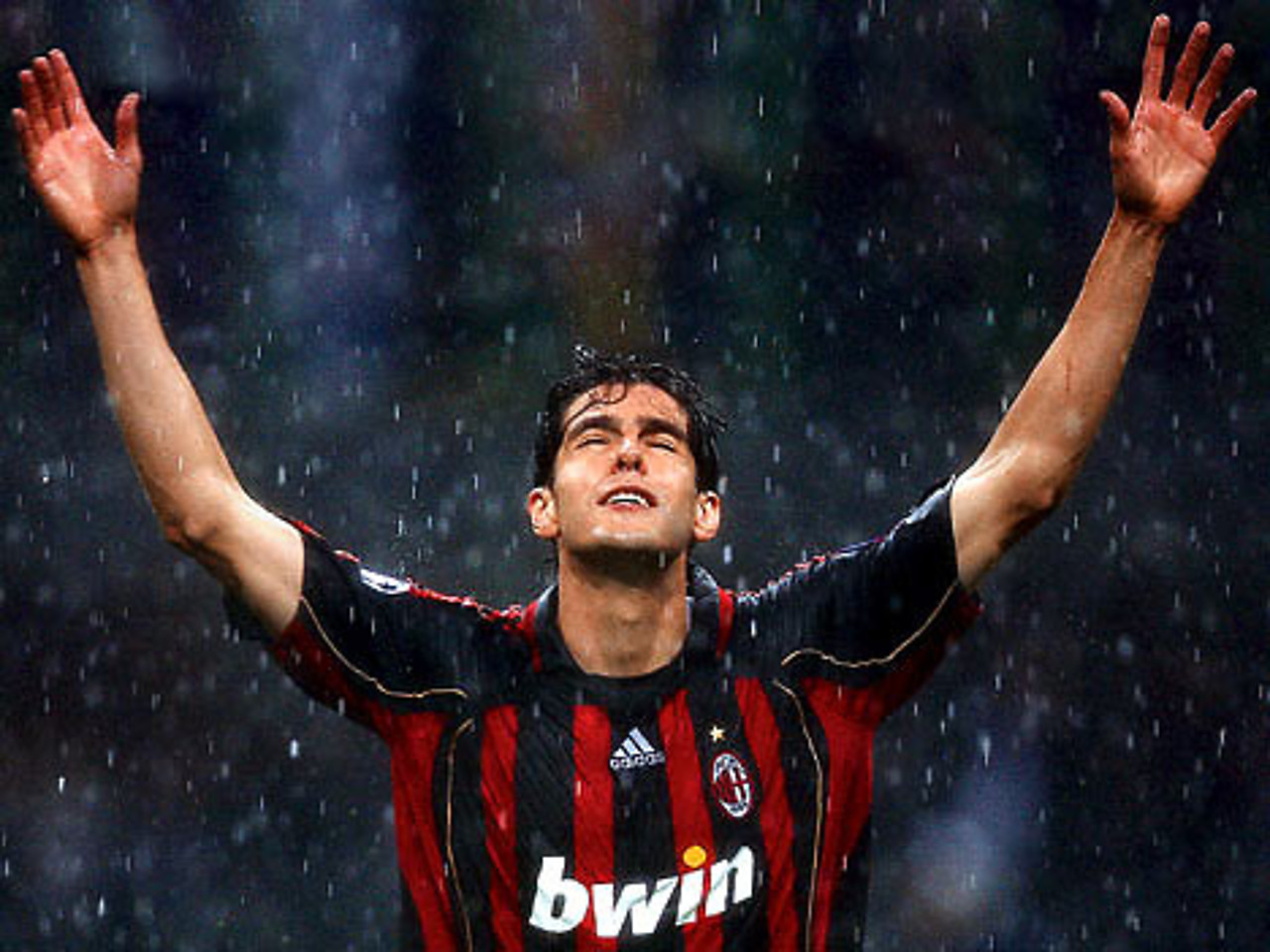With a whole host of diminutive midfield schemers currently plying their trade across the Premier League, were these two 90s pioneers ultimately responsible?
In October 1995, newly promoted Middlesbrough splashed out £4.75 million on the 5’6’ Brazilian Juninho.
For just over two years, the diminutive attacking midfielder mesmerised the ‘Boro faithful and the rest of the Premier League during his spell at the club – with the 96/97 season standing out as the highlight of his first stay with the Teesside club. That season he narrowly missed out on being named FWA Player of the Year, losing to one Gianfranco Zola.
Zola, earlier that season, signed for £4.5 million for Ruud Guillt’s resurgent Chelsea (in the days before the transfer window) and after a scintillating start to his Chelsea career, became the first person to win the FWA Player of the Year award without playing full season in the Premier League.
These transfers marked a change in the outlook of owners and managers in the English domestic game. At the time, the league was known for its pace, power, stamina and strength – skill was a commodity that if occurred with any of these four traits, was seen as a bonus.
By and large, clubs didn’t seek skilful players of this stature, let alone those that were seen as significantly weaker and smaller than teammates and opponents, who also lacked any real great pace. Despite their fees looking small by today’s standards, both clubs took a significant risk in signing these two miniature stars.
By the end of their playing careers, Juninho (who had three spells with Middlesbrough) and Zola (whose number 25 shirt has not been worn by another player since he left the club in 2003) were both regarded as one of, if not the greatest players to play for either club. Outside of any direct fan biased, the effects of both these signings can be felt in the Premier League today.
The English national team’s current abysmal international tournament record can be related back to a lack of technical ability throughout the domestic game at all levels.
Outside of the top-flight, pace and power are still the most sought after commodities in a player, however, the Premier League is now a different kettle of fish.
Juninho and Zola proved that skill and technical ability, above all else, made up for any deficiencies in the physical aspect of the game. Now, nearly every top-flight team has their own version of a little magician behind the striker.
Mata for Manchester United, Ozil for Arsenal, Silva for Manchester City, Coutinho for Liverpool, Eriksen for Spurs; if it were not for Zola and Juninho, and, the men that gambled upon them being a success, the current group of classic number 10s would be showcasing their talents in other leagues.
This is simply what needs to happen throughout the entire English game – an emphasis on ball control, retaining possession and wanting the ball.
With the way in which the game is refereed now, it is set up beautifully for clubs to take a risk on the more skilful players, whether they happen to be big or small.
Strength and physicality are slowly being forced out of the English modern game (whether that is good or bad is another discussion entirely), and with that in mind, clubs should embrace the protection the skill-players now receive.
Train the youth team to control the ball, scout out the next Zola or Juninho, because both men thrived where they were expected to fail, and blazed the trail for today’s star men.






